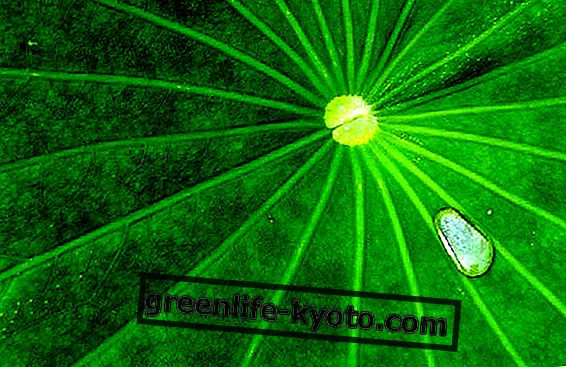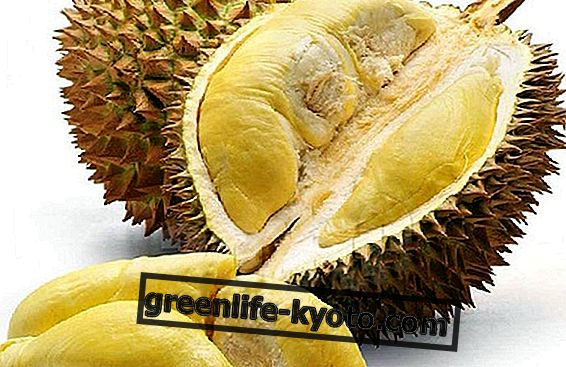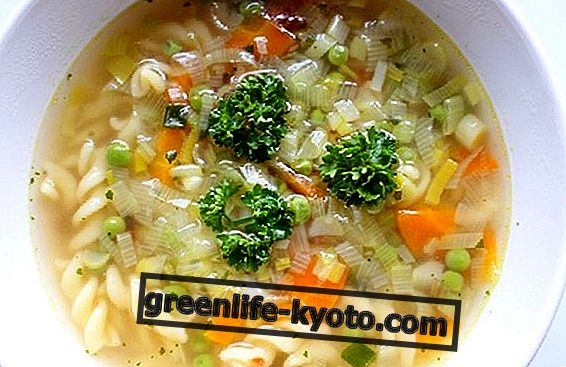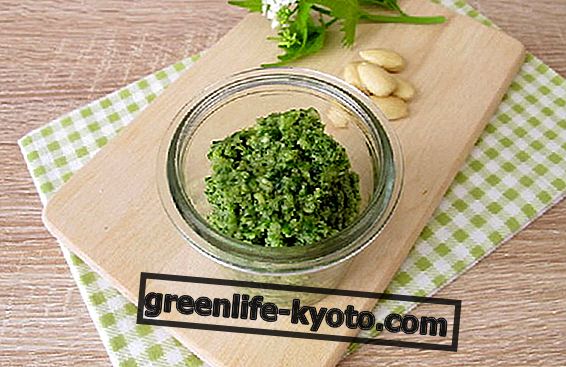
The increase in weight is connected to a wrong relationship with food; this relationship implies the use of food as a compensation element for our frustrations.
Essentially we fatten not only for the quantities ingested but also for the mechanism underlying the intake and the choice of food (depression = chocolate). Food becomes the only way for us to transgress.
When do we get fat?
To lose weight in a healthy way we must start from ourselves, and then get to food, otherwise we would arrive at a mechanical calorie count without facing the underlying problems (this is the cause that leads to gaining weight once a diet is suspended, even if it is correct).
In this perspective it is fundamental to advise against diets, and to hope for an effective method of intervention that takes into account the mind-body unit (currently psychologists and food workers continuously collaborate to favor the psychophysical well-being of the individual).
Doing gratifying activities undoubtedly makes you lose weight, an example is falling in love; when we are involved and stimulated by the activities we carry out we tend to lose weight, but when we have an empty and non-motivating life we fill our gaps with food.
Food is in many cases the compensating object of our sadness . In women, a particular aspect is linked to sexuality: the lack of a balanced sex life leads to more food.
The sex-food connection is a symbolic mouth-vaginal parallelism and is a clear example of a compensatory mechanism, so our attitudes can affect our weight.
An example is the obsession for food and the deprivation of it at the beginning of the diet, an attitude that triggers even more the vicious circle characterizing incorrect dietary behaviors and defined in the jargon "the most of before", because the more we try to avoid the thought of food and the more it becomes present, leading the subject to the belief that he is too weak to lose weight.
A useful psychological intervention is aimed at identifying the problems of the person and is aimed at favoring the explication of the resources already present in the subject, but not yet tested. Implementing the same behaviors can only produce the same results.













